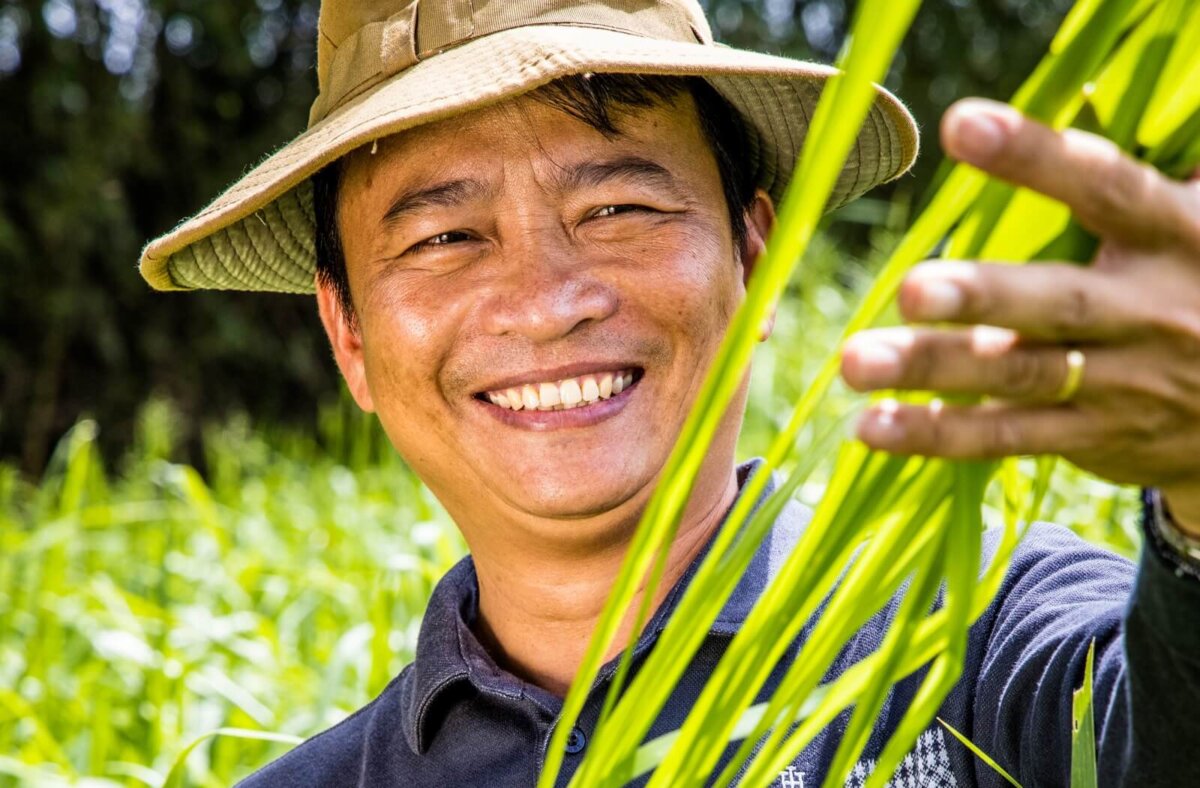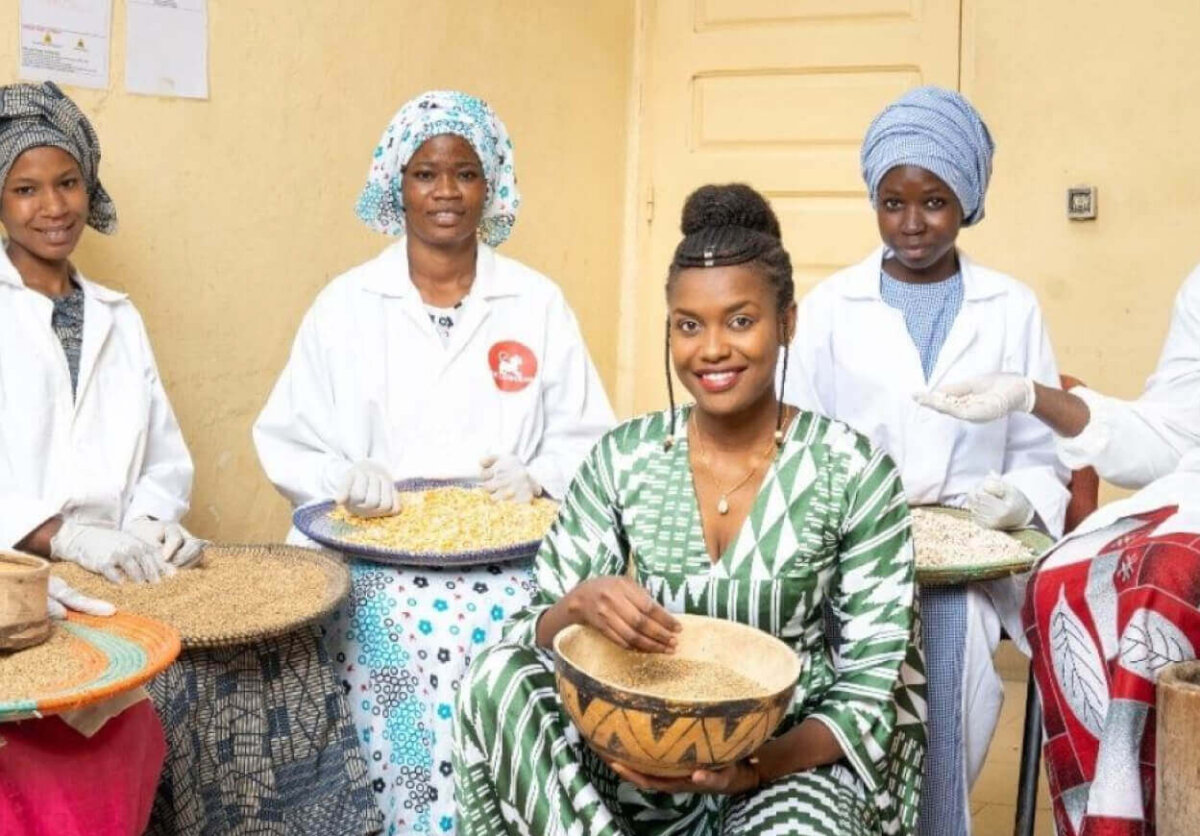- Sectors
- Aquaculture & Fish Processing
Aquaculture and Fish Processing
Our experts cover all aspects of aquaculture and fish processing. The have ample experience and extensive knowledge of, fish farming, fish hatcheries and processing of fish and aquaculture products including knowledge regarding storage, cooling, drying and packaging. On top of that we can assist you with marketing and distribution questions and provide training and education.
Our experts have experience and extensive knowledge of, fish farming, fish hatcheries and processing of fish and aquaculture products including knowledge regarding storage, cooling, drying and packaging. Our experts can also assist you with marketing and distribution questions and provide training and education.
The fish industry is a small but healthy sector of the Dutch economy. The sector contains aquaculture, processing and trade and the make industry and services.
Aquaculture
In the Netherlands, aquaculture is mainly the farming of mussel and oysters. Fish farming is a small sector for eel and catfish in recirculation aquaculture systems (RAS). There are also specialised fish farms, farming high valued fish like turbot and kingfish.
Processing and trade
The Netherlands is an international hub for fish trading. The trade volume greatly surpasses the volume of landed fish caught and produced by aquaculture. Fish trade is a global activity, with fish and shrimps imported from many countries and exported to a lot of other markets in the EU and abroad.
Sometimes imported fish will be processed in the Netherlands (to add value to the product) before export takes place. Caught fish and shrimps normally undergo a process of sorting, filleting, freezing, smoking, peeling or other processes. Dutch fish processors are leading the European sector in terms of technology, efficiency, hygiene and food quality. A lot of fish is traded under the MSC, ASC or GFP standards.
Make industry and services
Dutch enterprises are building the most modern fish farming systems to sell all over the world. Outdoor systems in open water and indoor recirculating systems. Another part of the industry is the composition and delivering of high quality of fish feed, for a lot of species.
At Wageningen University and in specialised polytechnics schools, people are trained in fish farming. They have a lot of experience in farming, training people, research, ecology, water treatment and so on. Many of them have experience in working abroad, including tropical countries. All of them are experts in their field and work in their own business or for bigger companies. You also can meet them in NGOs all over the world.
Areas of expertise
The knowledge of experts with many years experience in their field:
Aquaculture
- Shellfishculture: methods, species, reproduction, farming and catching.
- Sustainability, certification.
- Fish farming: RAS, aquaponics, biofloc, cages, ponds, tanks,
- hatchery, nursery, breeding, farming, fish feed, certification, sustainability, farm management etc.
Processing
- Gutting, filleting, smoking, drying, cooling, freezing, storage, packaging etc.
- Machinery and installation.
Trade
- Fish auction and fish market, fishmonger shops, distribution and shipping.
- Focus on the local and regional market, promotion and presentation.
Training and education
- In fish farming.
- Policies, environment, nature conservation.
- Business management, financial management.
Client examples
A hatchery and fish farm in Bangladesh
A hatchery and fish farm in Bangladesh wants to expand their business. After several projects this company doubled the number and size of the breeding ponds and focused on a recirculation system and the use of techniques such as biofloc. Partly due to the establishment of good breeding and farm management, it is now a very successful company.
Train the trainers in fish farming
In Kenya, a programme has been set up by the government to teach small farmers the basics of fish farming, enabling them to provide fresh fish for their families and the surrounding area. Dutch NGOs, including PUM, played an important role in this. PUM experts have trained the trainers and taught farmers to make fish food.
Local and regional market
In most of the countries fish is very important as protein source for local people. PUM experts can help to promote fish and enlarge the market for healthy and safe fish to a wider regional circle of people.




